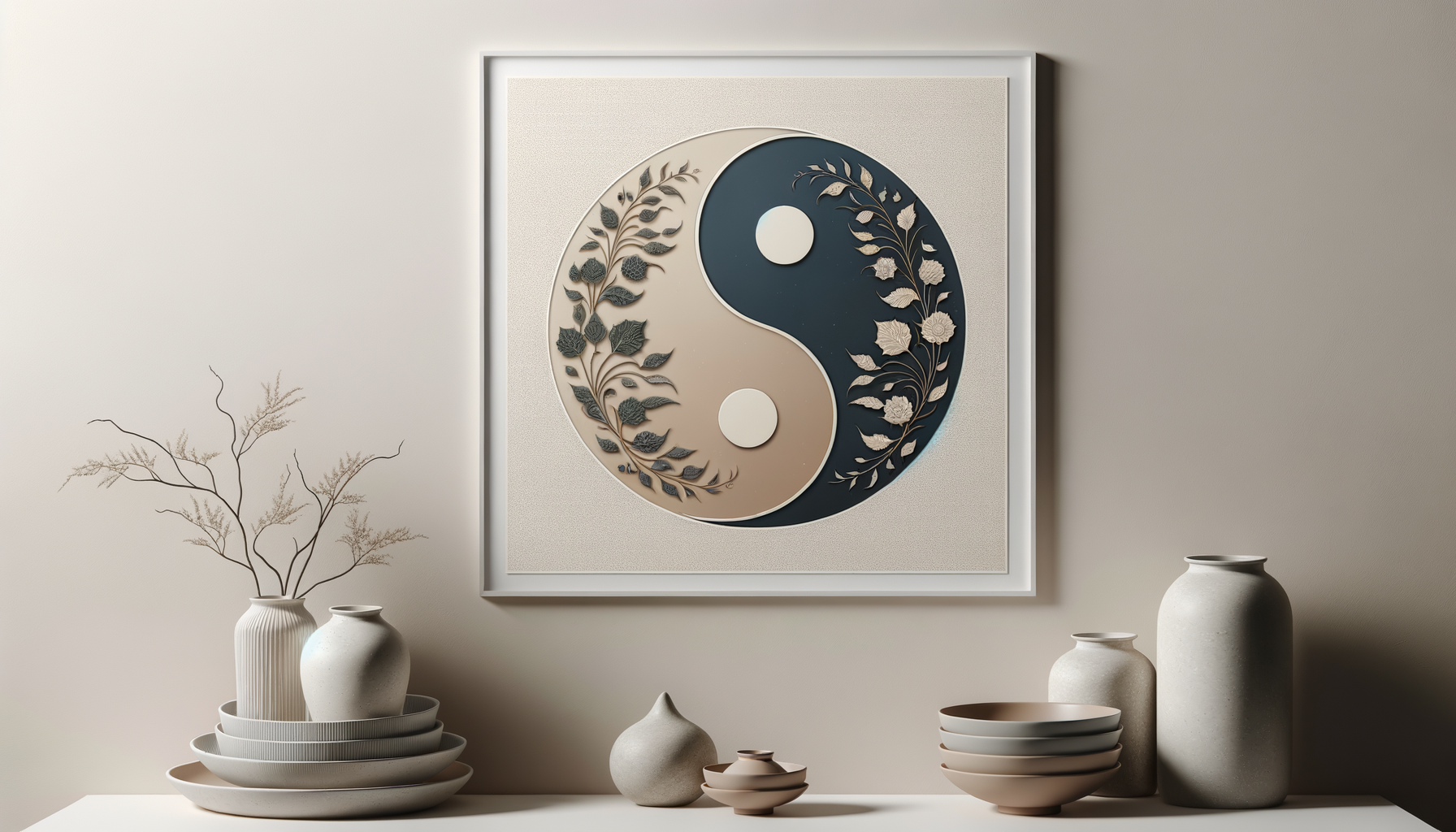The Book That Changed My Life
We all have that one book. You know, the one that’s dog-eared, highlighted, and probably drowning in post-it notes. The book you keep loaning out to friends but always—conveniently—stress that they “better give it back.” For me, that book was Sula by Toni Morrison. And no, it didn’t hold my hand through a heartbreak or gift me a miraculous five-step plan to “find myself” (ahem, no shade to self-help books, but they see me enough at Target). Instead, it did something better: Sula challenged me to see myself—and my relationships—in the raw.
Sounds deep, right? Well, pull up a chair and maybe a glass of wine, because I’m about to tell you why this slim but mighty novel cracked me open, delivered some hard truths, and taught me what so many late-night rom-com binges couldn’t: you don’t need everyone to love you—but you do need to love yourself.
Sula and the Fine Art of Being “Too Much”
If you’ve ever been told, “you’re too much”—too opinionated, too ambitious, too whatever—you’ll relate to Sula Peace, the titular character of Toni Morrison’s masterpiece. Sula refuses to color inside anyone’s lines, defying the conventions of her small, tightly-knit community. Where other women settle down, she unapologetically sets out on her own, breaking hearts, raising eyebrows, and sometimes unintentionally hurting the ones she loves.
At first, I’ll admit, I side-eyed Sula like she was that one friend who always RSVPs “maybe” to brunch plans. I didn’t get her. She seemed reckless, selfish even. But the more I read, the more I realized: Sula’s not reckless. She’s honest. Honest about wanting something more—more than pleasing others, more than shrinking to fit someone else’s definition of “enough.”
When I finished the book, I thought about all the times I’d edited myself in relationships, afraid of coming across as “too loud” or “too driven.” Like the time a guy in grad school told me I was “intimidating” because I corrected his wildly incorrect claim that F. Scott Fitzgerald wrote Of Mice and Men. (Reader, he ghosted me.) Sula taught me that watering yourself down doesn’t soften rejection—it just dilutes your shine.
So here’s your first takeaway: Don’t be afraid to be “too much” for the wrong people. The right ones will call it just enough.
Friendship, Betrayal, and the Gray Areas in Between
One of the most gut-punching themes in Sula is its brutally honest take on female friendships. At its core, the novel explores the relationship between Sula and Nel, childhood best friends who love each other fiercely, even as jealousy, betrayal, and misunderstandings tear them apart. Their bond is as messy and complicated as real life—which is probably why it hit me so hard.
In my early twenties, I lost a friendship I thought would last forever. The details? Messy. (Pro tip: texting someone “Are you mad at me, or nah?” after weeks of passive-aggressive energy will not resolve anything.) Was I Sula in this scenario? Was I Nel? Honestly, I was probably both. The point is, like Sula and Nel, we often expect our friendships to function like those lockets from the mall: perfectly matching, seamless when joined together. But life—and love—isn’t seamless. Miscommunication happens. Hurt happens. And sometimes, healing requires distance.
Which brings me to lesson two: Not everyone grows with you. And that’s okay. Some relationships are seasonal, meant to teach you something before you both move on.
Love Yourself, But… No, Seriously
Here’s the thing about Sula: it’s often misread as a story about selfishness. But if you dig deeper, you realize that Sula’s downfall isn’t her independence—it’s her isolation. She cuts ties so completely, rejects vulnerability so fearfully, that she ends up alone even when she craves connection.
Reading this, I couldn't help but think of my own tendency to “cut and run.” For years, I thought protecting my peace meant building walls so high that even TSA PreCheck couldn’t get through them. If a relationship—romantic or otherwise—got too hard? Bye. A second date with a guy who insulted Maya Angelou during small talk? Double bye. To be fair, some people deserve the fast exit (never come for Maya in my presence). But Morrison’s writing reminded me that love—whether it’s for a friend, a partner, or yourself—takes risk. Showing up authentically means admitting when you’re wrong, letting others in, and forgiving the kind of flaws you hope they’ll forgive in you.
So let’s call this takeaway three: Loving yourself and connecting with others aren’t opposites; they’re teammates. Start by showing yourself grace, then let others meet that version of you.
Why “Good” Isn’t Always the Goal
Throughout Sula, Nel is positioned as Sula’s opposite: the “good” one, the one who does what’s expected. But is she any happier for it? At first glance, sure. Nel marries young, raises a family, and earns the respect of her community. But by the end of the novel, we see that she’s just as haunted by regret as Sula—just in a quieter, more socially acceptable way.
This hit me like a romance plot twist. You know that meme that says, “You can be the ripest, juiciest peach in the world, and there’s still someone who hates peaches”? Nel dedicates her life to being a “peach,” but even she experiences heartbreak and doubts. What Morrison so brilliantly illustrates is this: goodness for its own sake isn’t a shield. It’s a mask. You can follow all the “rules” and still wind up yearning for the life you really wanted but were too scared to claim.
And if that doesn’t scream “modern dating,” I don’t know what does. How many times have we agonized over texting the “right” thing or muting the part of ourselves that loves cheesy Hallmark movies because it doesn’t fit the Cool Girl narrative? Morrison nudged me to reconsider all those mental hoops I’d jumped through just to seem palatable.
Lesson four: Forget being society’s version of “good.” Show up as you. That’s where true joy lives.
From Morrison’s Pages to My Own Relationships
When I think about why Sula changed my life, it’s not because it magically solved the puzzle of love (spoiler: no book can). It’s because it gave me permission to embrace life’s contradictions: to be both independent and in need of connection, to mourn lost relationships while cherishing their lessons, to take risks even if—or maybe especially if—I’m scared of rejection.
Morrison once wrote, “She is a friend of my mind. She gather me, man. The pieces I am, she gather them and give them back to me in all the right order.” That’s what Sula did for me—it gathered me. Slowly, over time, it became a quiet reminder that love isn’t about neatness. It’s about showing up, flaws and risks and all.
So, the next time you feel like you’re too much, or not enough, or caught in between trying to be both? Flip through the pages of Sula. Or, better yet, embrace your inner Sula Peace.
Why? Because you deserve a life as complex—and beautiful—as you are.




















